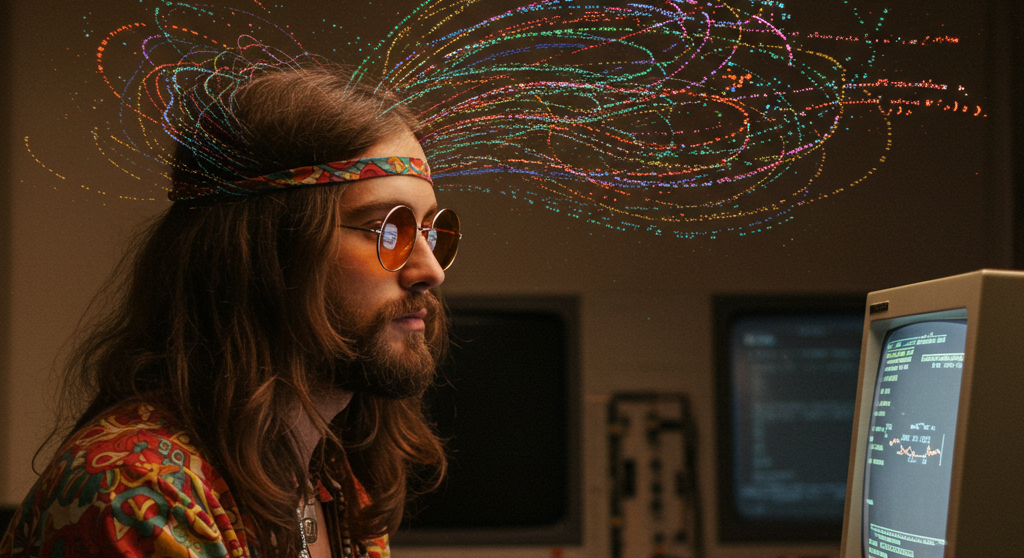Beginner's Luck is a Real Thing
What I was taught as a kid was that you started learning by doing everything you are told, following every instruction, checking every box and eventually, sometime in the future, you will be able to break out of that and do things on your own. First, you had to know the rules and then you could figure out which ones you can bend or break. But I beg to differ. I think there is a different, quicker route to mastery.
The first step is to put all the books away or maybe just learn enough to get started if you are completely green. Then you just start. You use everything else you have done in your life to inform what you are currently trying to do. You use logic and intuition. You make leaps and you try things. You do all you can to finish your project without looking at the books or without asking for help.
Everything is fractal including human knowledge and man made things, especially those things. Which means that everything new is not really new. It is getting most of it’s newness by mixing and matching what has come before. There are no actually folders on a computer. We call them folders and they kind of act like folders. You can put files in them (files that don’t really fit the original definition of files). You can put them in the trash. You can label them.
In every area of human knowledge, you will find this. We cannot create new things without using something in the past as a model. And you can use that when you are learning something new.
The magic comes when you finally do open open the books and start looking at the “right” way to do things. You will learn instantly that there is not really a “right” way. There is either “the best way that has been discovered so far” or “just the way it’s done”. It gets labeled the “right” way by “professionals” whose calling turned into a job years ago and they just want to get the job done and go home.
Yes, you will find things you tried that were just totally wrong. But investigate those things. The gap between how you did something and the “right” way to do something will teach you a lot. You will remember the “right” way especially if you struggled to get it done the wrong way. But you will also find times where your “wrong” way worked just as well or maybe even a little bit better than the “right” way. And just maybe, you don’t have to be an “expert” to see something from a new perspective. In fact, a lot of “beginner’s luck” is just this: not knowing the “right” way well enough that you accidentally stumble onto another “right” way.
People have different perspectives, different past experiences and different ideas floating around in their heads. When they sit down to create a new technology, piece of art or anything really, they pull from all of that to get it done. By trying to figure out how to get something done without instructions, you use what you have in your head to do it. You create a map from what you know to what you don’t know. Now this map may be wrong in a lot of places, but you have a map, which is a place to start. When you finally crack open the books and discover the “right” way, you now have a map from the way you think to the way the person that created the technology thinks.
The person who wrote the book really has no idea how you think. There is now way he could. He can try starting simply and leading you allow the path, but you, the student, were just dropped onto a new continent without a map. And even if he does a good job of leading you, it is hard for this knowledge to stick because you have no point of reference. You may have a small map of the new territory. But it’s just there in your head, floating around, disconnected from the maps you have been using all of your life.
The only way you have of knowing something is from your perspective, not your neighbors, not an experts. Only yours. And by drawing a map from what you do know into this new territory, this new knowledge becomes part of you. You can find your way in and back out. There is no need to memorize. You have built a path there.
So start cherishing those times you see things differently because it may be an opportunity to change the world.




